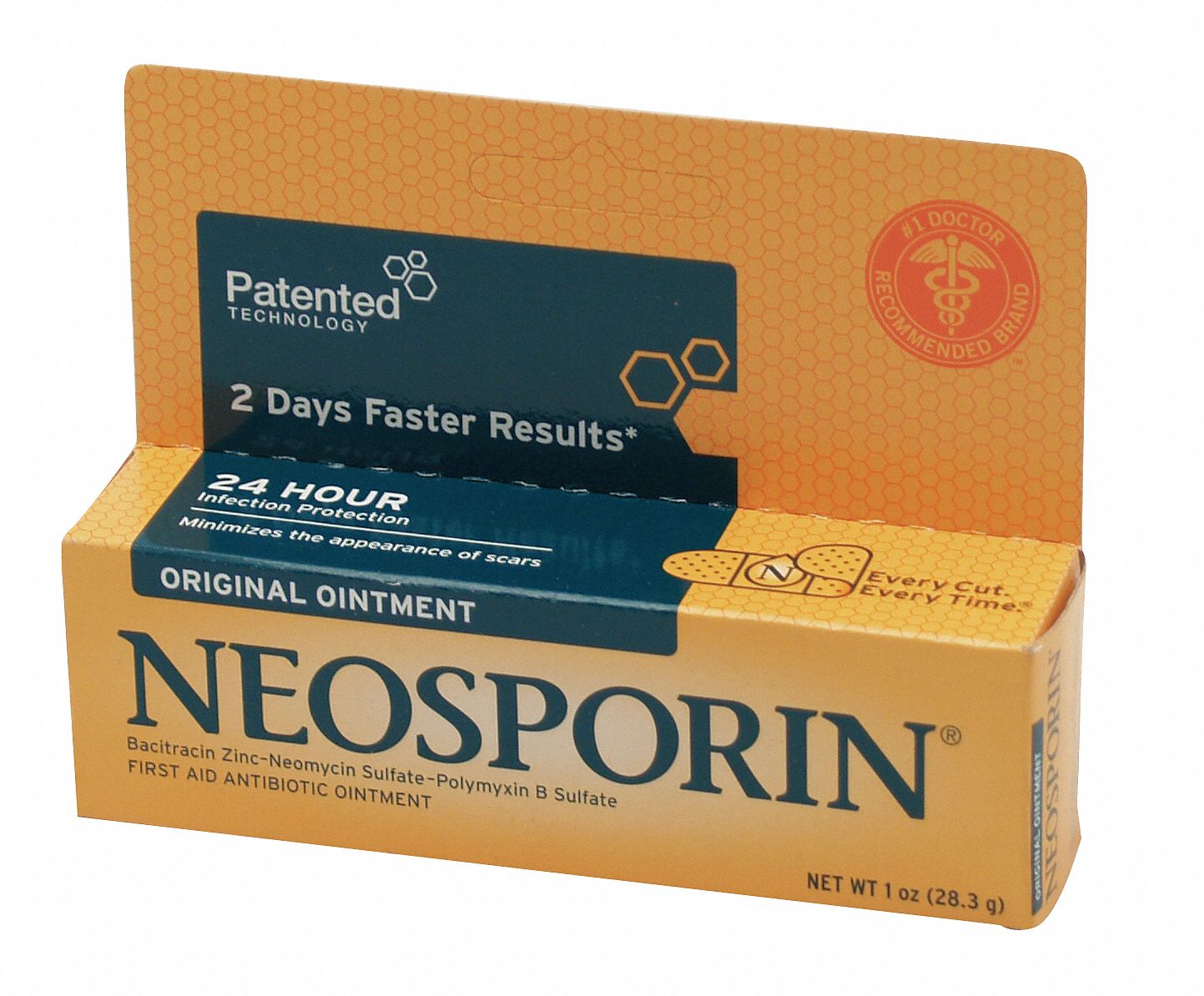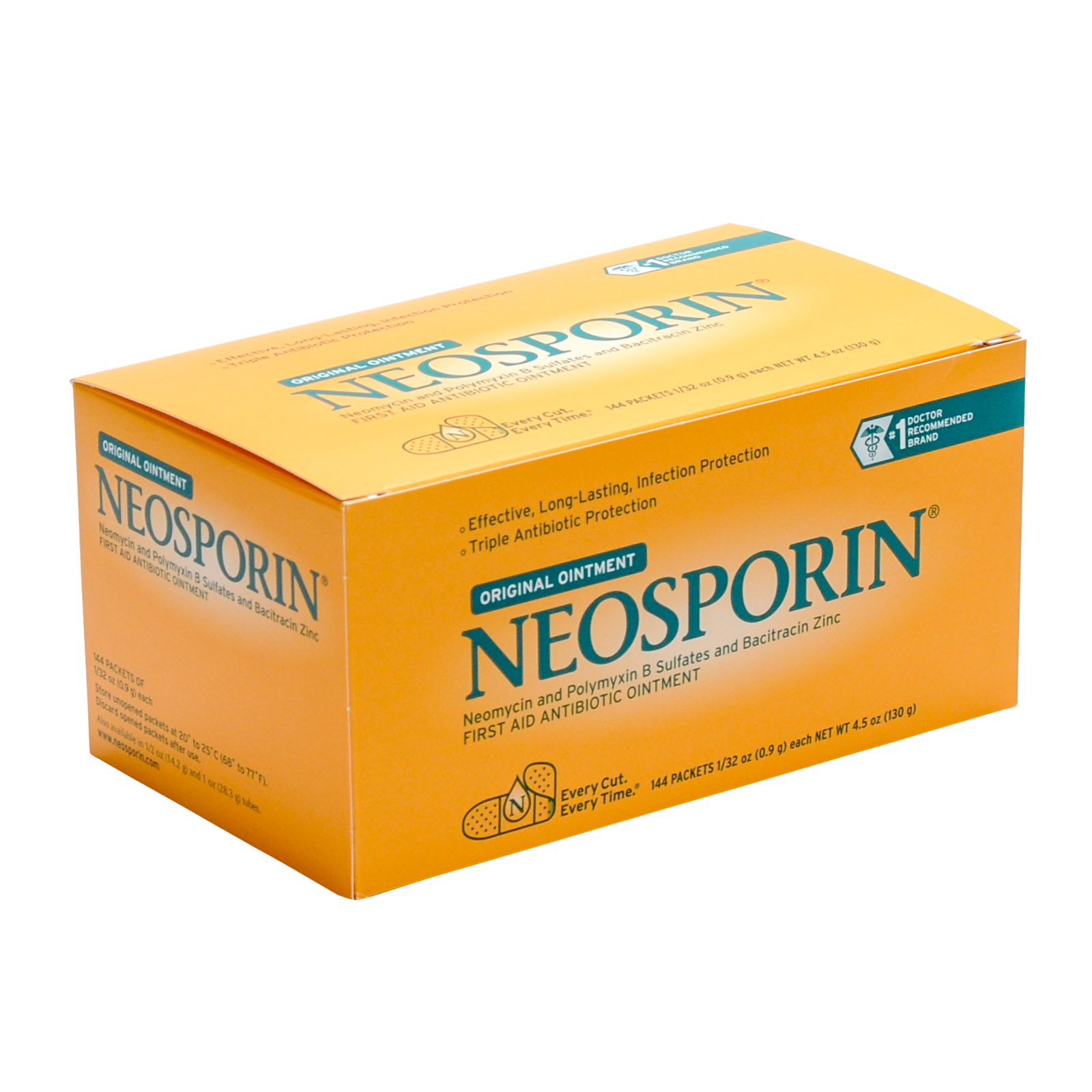Is Neosporin Antibiotic Ointment Safe For Lips? A Complete Guide
Neosporin antibiotic ointment for lips is a topic that often sparks curiosity among individuals seeking effective solutions for lip infections, cuts, or irritations. With its reputation as a trusted over-the-counter remedy for minor wounds, Neosporin has become a household name. However, many people wonder whether it is safe to apply this ointment to such a sensitive area as the lips. The lips are not only delicate but also serve as a gateway to the body, making it crucial to use products that are both safe and effective. Understanding how Neosporin works, its ingredients, and its suitability for lip care is essential to ensure proper healing without unintended side effects.
While Neosporin is widely used for treating minor cuts, scrapes, and burns on other parts of the body, its application on the lips requires careful consideration. The skin on the lips is thinner and more prone to irritation, making it vital to choose remedies that are gentle yet effective. Neosporin contains a combination of antibiotics that work to prevent infection, but its formulation may not always be ideal for use around the mouth. This raises important questions about its safety, efficacy, and alternatives for treating lip-related issues. By exploring the science behind Neosporin and its potential impact on the lips, you can make informed decisions about its use.
In this comprehensive guide, we will delve into the specifics of Neosporin antibiotic ointment for lips, addressing common concerns and offering practical advice. From understanding its active ingredients to exploring safer alternatives, this article aims to provide clarity and actionable insights. Whether you're dealing with chapped lips, minor cuts, or infections, this guide will equip you with the knowledge you need to ensure your lips remain healthy and irritation-free. Let’s explore the facts, dispel myths, and uncover the best practices for lip care.
Read also:Jacob Lofland Net Worth Unveiling The Actors Career And Financial Journey
Table of Contents
- Is Neosporin Safe for Lips?
- What Are the Active Ingredients in Neosporin?
- How Does Neosporin Work on Lip Infections?
- Can Neosporin Cause Side Effects on the Lips?
- What Are the Alternatives to Neosporin for Lips?
- How to Properly Apply Ointment on Lips?
- What Are the Common Misconceptions About Neosporin?
- Frequently Asked Questions About Neosporin
Is Neosporin Safe for Lips?
One of the most common questions people ask is whether Neosporin antibiotic ointment for lips is safe to use. The short answer is that while Neosporin is generally safe for external use, its application on the lips requires caution. The lips are a highly sensitive area, and their thin skin makes them more prone to irritation. Neosporin contains three active antibiotics—neomycin, polymyxin B, and bacitracin—which work together to prevent bacterial infections. However, these ingredients are not specifically formulated for mucous membranes, such as those found on the lips.
When applied to the lips, Neosporin can sometimes cause allergic reactions or irritation, especially if the ointment is ingested accidentally. This is because the lips are in close proximity to the mouth, and any product applied here has a higher chance of being licked off or swallowed. Additionally, prolonged use of Neosporin on any part of the body can lead to antibiotic resistance, where bacteria become immune to the effects of the medication. This is particularly concerning for the lips, as they are exposed to environmental factors like saliva and food particles that can harbor bacteria.
To ensure safety, it’s essential to consult a healthcare professional before using Neosporin on the lips, especially if you have sensitive skin or a history of allergies. If you decide to use it, apply a very thin layer and avoid applying it too close to the mouth. Always monitor for signs of irritation, such as redness, swelling, or itching, and discontinue use immediately if these symptoms occur.
What Are the Active Ingredients in Neosporin?
Understanding the active ingredients in Neosporin antibiotic ointment for lips is key to evaluating its safety and effectiveness. Neosporin contains three primary antibiotics:
- Neomycin: This antibiotic works by stopping the growth of bacteria. It is effective against a wide range of bacterial infections but can sometimes cause allergic reactions in sensitive individuals.
- Polymyxin B: This ingredient targets gram-negative bacteria, which are often resistant to other antibiotics. It works by disrupting the bacterial cell membrane, leading to cell death.
- Bacitracin: Bacitracin is effective against gram-positive bacteria and works by interfering with bacterial cell wall synthesis.
These three antibiotics work synergistically to provide broad-spectrum protection against a variety of bacterial infections. However, their effectiveness is limited to bacterial issues and does not address viral or fungal infections. This is an important distinction to keep in mind when considering Neosporin for lip care.
How Do These Ingredients Affect the Lips?
When applied to the lips, the active ingredients in Neosporin can sometimes cause dryness or irritation. This is because the lips lack the protective barrier that other parts of the skin have, making them more vulnerable to the drying effects of certain medications. Additionally, the presence of petroleum jelly in Neosporin can create a protective seal, but it may also trap moisture and bacteria if not applied correctly.
Read also:Who Is Patricia Brights Husband A Deep Dive Into Her Personal Life And Influence
How Does Neosporin Work on Lip Infections?
Neosporin antibiotic ointment for lips works by targeting the bacteria responsible for infections. When applied to a minor cut or abrasion on the lips, the active ingredients penetrate the affected area and inhibit bacterial growth. This helps prevent the infection from spreading and promotes faster healing. However, it’s important to note that Neosporin is not a cure-all solution and should only be used for bacterial infections.
Can Neosporin Treat Viral or Fungal Infections on the Lips?
No, Neosporin cannot treat viral or fungal infections, such as cold sores caused by the herpes simplex virus. In such cases, using Neosporin may do more harm than good, as it does not address the root cause of the infection. For viral infections, antiviral medications are more appropriate, while fungal infections require antifungal treatments.
Can Neosporin Cause Side Effects on the Lips?
While Neosporin is generally well-tolerated, it can cause side effects, especially when used on the lips. Some potential side effects include:
- Allergic Reactions: Symptoms may include redness, swelling, or itching.
- Dryness and Irritation: The lips may feel dry or irritated due to the ointment’s ingredients.
- Ingestion Risks: Accidental ingestion can lead to gastrointestinal upset or other complications.
What Should You Do If You Experience Side Effects?
If you notice any adverse reactions after applying Neosporin to your lips, discontinue use immediately and consult a healthcare professional. In some cases, an alternative treatment may be recommended.
What Are the Alternatives to Neosporin for Lips?
If you’re hesitant to use Neosporin antibiotic ointment for lips, several alternatives are available. These include:
- Petroleum Jelly: A simple and effective option for keeping the lips moisturized and protected.
- Antiseptic Ointments: Products like bacitracin-only ointments may be less likely to cause irritation.
- Natural Remedies: Honey and aloe vera can provide soothing relief for minor lip irritations.
How to Properly Apply Ointment on Lips?
Proper application is crucial when using any ointment on the lips. Follow these steps to ensure safe and effective use:
- Clean the affected area with mild soap and water.
- Pat the area dry with a clean towel.
- Apply a thin layer of ointment using a cotton swab to avoid contamination.
What Are the Common Misconceptions About Neosporin?
Many people believe that Neosporin is a universal remedy for all types of wounds, including those on the lips. However, this is a misconception. Neosporin is specifically designed for bacterial infections and may not be suitable for other types of wounds or irritations.
Why Is It Important to Address These Misconceptions?
Addressing misconceptions ensures that individuals use Neosporin appropriately and avoid unnecessary risks. For example, using Neosporin on a viral infection like a cold sore can delay proper treatment and worsen the condition.
Frequently Asked Questions About Neosporin
Can Neosporin Be Used on Chapped Lips?
No, Neosporin is not designed for treating chapped lips. Instead, use a moisturizing lip balm to soothe and hydrate dry lips.
How Long Can Neosporin Be Safely Used on the Lips?
Neosporin should not be used for more than seven days without consulting a healthcare professional. Prolonged use can lead to antibiotic resistance.
Is Neosporin Safe for Children’s Lips?
While Neosporin can be used on children, it’s best to consult a pediatrician before applying it to sensitive areas like the lips.
Conclusion
Neosporin antibiotic ointment for lips can be an effective solution for minor bacterial infections, but its use requires caution. Understanding its active ingredients, potential side effects, and alternatives can help you make informed decisions about lip care. Always prioritize safety and consult a healthcare professional if you’re unsure about using Neosporin on your lips.
For more information on lip care, you can visit Mayo Clinic, a trusted source for health-related advice.
What To Do With Expired Vicks: A Complete Guide For Safe And Creative Uses
Unveiling The Truth: What Is Naïka Real Name And Why Does It Matter?
Discover The Exciting World Of Latest Gaming PlayMyWorld: Trends, Tips, And Insights

NEOSPORIN, Ointment, 1 oz Size, Topical Antibiotic Ointment 14N927

Neosporin Ointment Packets MFASCO Health & Safety